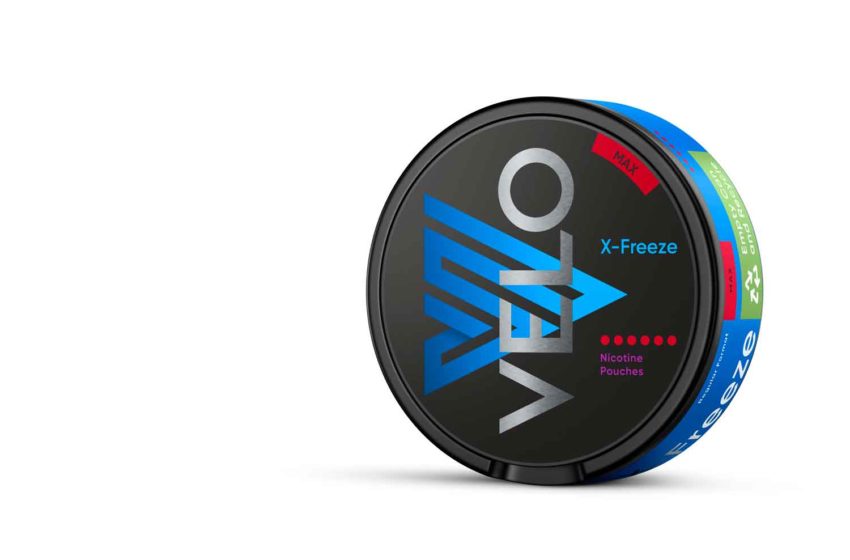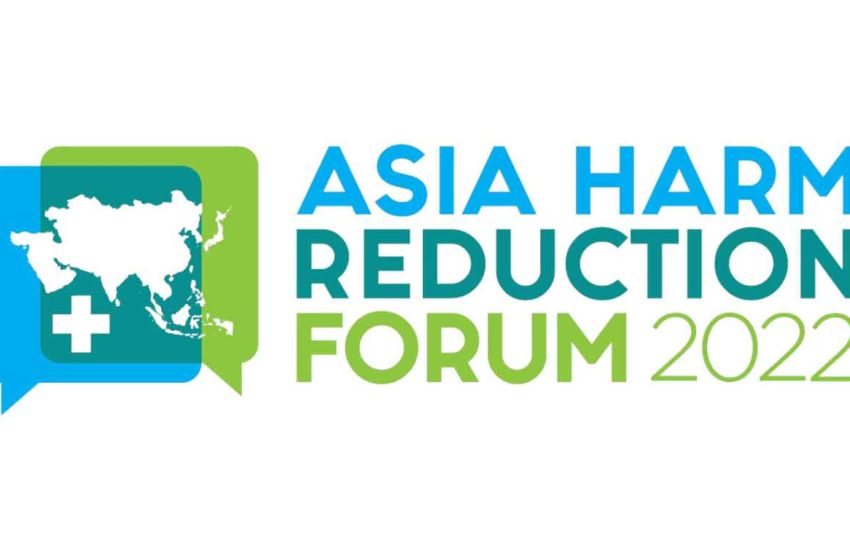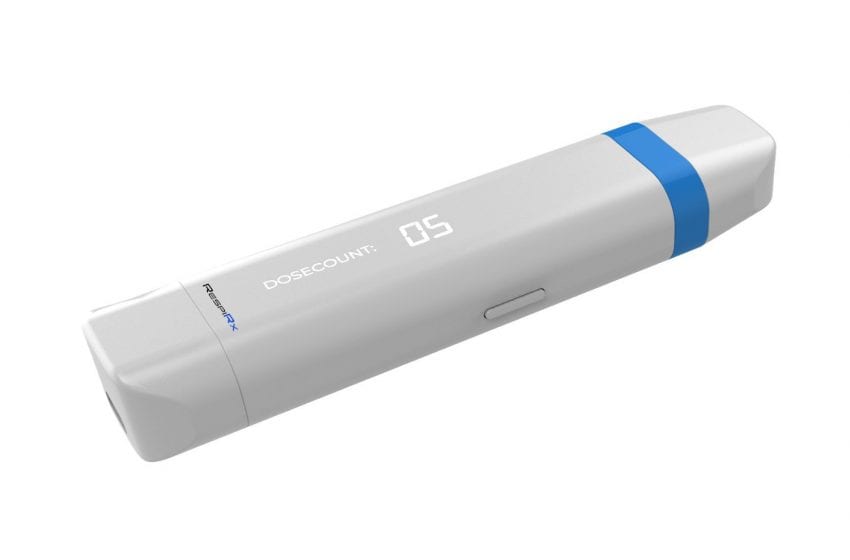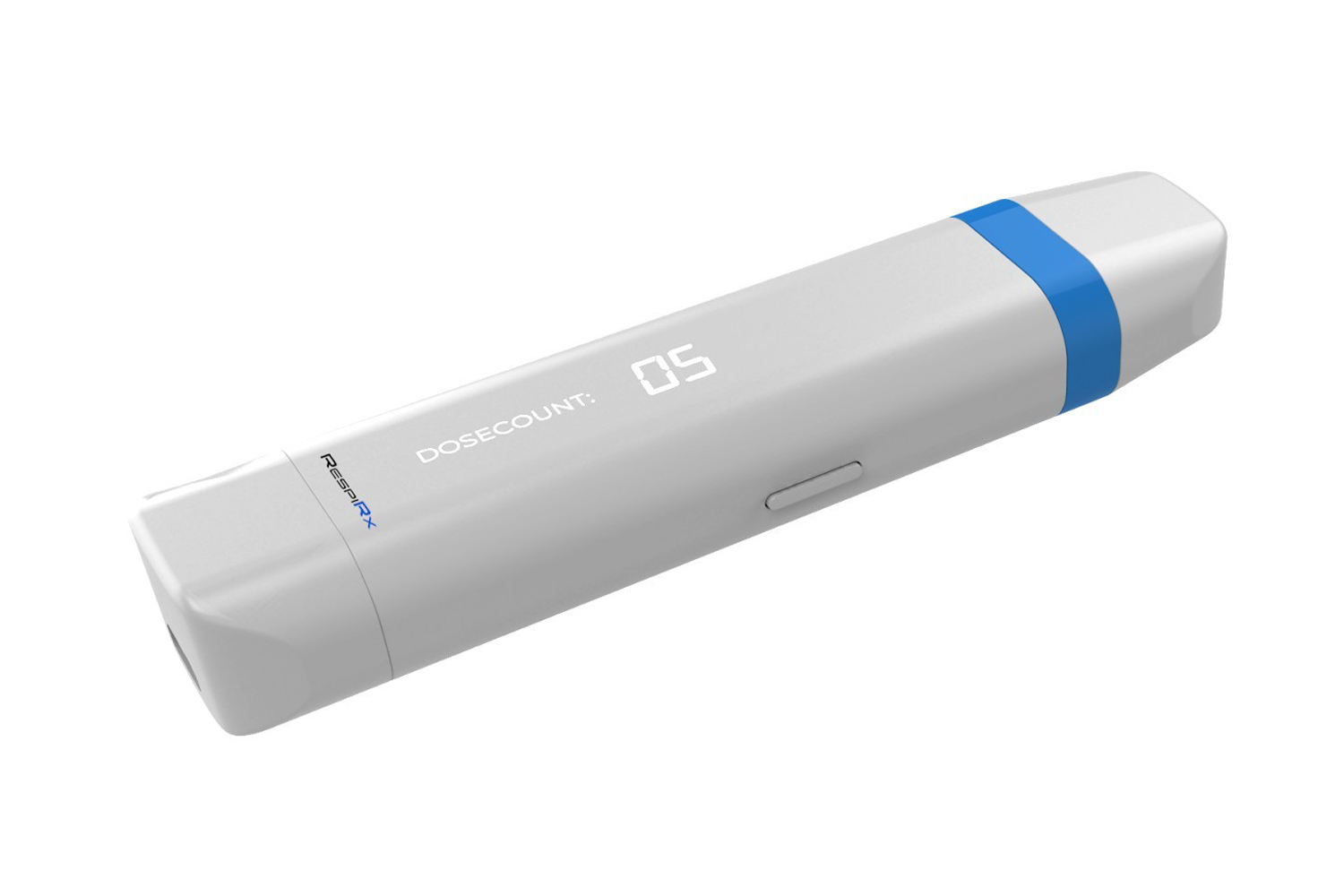
Hong Kong residents who were born in 2009 or after should be banned from buying cigarettes by 2027, the Council on Smoking and Health proposed on Nov. 3, reports the South China Morning Post
The city’s smoking population dropped to 9.5 percent last year—hitting single digits for the first time since tracking began—but Chief Executive John Lee Ka-chiu has pledged to lower the rate to 7.8 percent in three years.
Other measures proposed include doubling the current tobacco tax by 2023-2024, which means a pack of cigarettes currently priced at HKD60 ($7.64) would rise to around HKD100. The council said the tax should be further raised in the following two years, so a pack of cigarettes would cost HKD200 by 2025-2026.
The council also recommended expanding the city’s nonsmoking areas to cover taxi and bus stands, as well as spaces that fall within 10 meters of hospitals, schools and community facilities.
Hong Kong currently does not allow smoking on public transport, including its interchanges, in hospitals, schools, parks and indoor areas of restaurants, bars and malls.
Some lawmakers expressed concern about the proposed measures. Representing the wholesale and retail sectors, Shiu Ka-fai, said poorer smokers would not be able to afford the product following the proposed tax increases.
He also opposed the idea of “smoke-free generation” as the policy would limit freedom of choice.
The Long-term Tobacco Policy Concern Group, which represents smokers, opposed the tax hike, saying that consumers might buy illicit cigarettes instead of quitting, and that the measure would impact the city’s economic recovery.
Council Chairman Henry Tong Sau-chai also opposed a proposal to reverse Hong Kong’s ban on the re-export smoking alternatives as a means to boost the economy.
In April, Hong Kong prohibited the import, sale or manufacture smoking alternatives, such as e-cigarettes, heated tobacco products and herbal cigarettes.
The legislation also prohibits smoking products from being transshipped through Hong Kong when brought in by truck or ship for transport onwards overseas, although air transshipment cargo and transit cargo that stays on a plane or ship are exempt.
Tong worried that the reverse would create a “loophole” where alternative tobacco products would slip to the community.




















